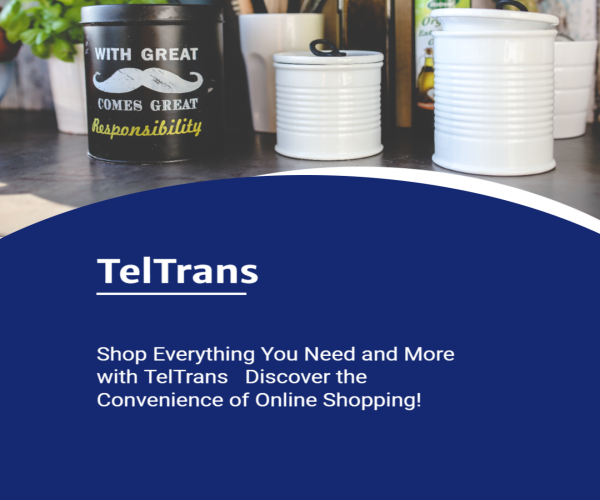The Food and Drug Administration is warning people to stay away from unapproved sources of ketamine. According to the agency, compounded ketamine is increasingly being sold as a treatment for depression and other mental health issues, despite it not being tested or authorized for such uses. The FDA also says it is continuing to receive reports of people possibly being harmed by these products.
Ketamine is a dissociative anesthetic that’s been used both as a sedative and recreational drug for decades. In recent years, it’s also started to be given as a treatment for depression and suicidal ideation. In 2019, the FDA officially approved a ketamine-based nasal spray developed by Johnson & Johnson, called Spravato. The active ingredient in Spravato is a chemical sibling of ketamine known as esketamine (ketamine is composed of two molecular forms, one of which is esketamine).
Advertisement
Ketamine itself is not approved for treating depression. But doctors are given some latitude to prescribe drugs for conditions outside of their approved indications, which is known as off-label use. Prior to and following the approval of Spravato, some clinicians have been prescribing the classic version of ketamine for depression. Often, these treatments are provided via infusion at specialized clinics under the monitoring of medical providers, since the drug can cause potentially harmful complications like dissociation. Spravato is also explicitly regulated so that it can only be taken under medical supervision. But the FDA has apparently noticed an increase of people receiving ketamine in less safe circumstances.
Advertisement
Last year, the agency issued an alert warning about the risks of ketamine being produced by some compounding pharmacies—pharmacies that are allowed to create custom drugs for patients for special needs, such as having certain allergies. The alert referenced several adverse event reports of people taking nasal spray formulations of compounded ketamine at home. These products are often being marketed and sold through telemedicine companies, the agency added.
Advertisement
In its latest warning, released Tuesday, the FDA notes that compounded ketamine is now being sold in sublingual (dissolved under the tongue) and oral forms for depression. The FDA is concerned that people taking compounded ketamine may do so without any supervision and/or clear knowledge of its potential risks. The dosages of ketamine being provided by these pharmacies can also vary widely, and there aren’t established guidelines for the optimal dosages that should be given when taken in these forms, which further raises the risk of harm.
In April 2023, for instance, the agency received a report of someone experiencing respiratory depression (slowed or stopped breathing) after taking compounded oral ketamine for their PTSD outside a medical setting. The person reportedly had a blood ketamine level twice as high as the level typically seen when used for anesthesia. Other adverse events associated with compounded ketamine include psychiatric events and increases in blood pressure, as well as lower urinary tract and bladder symptoms. Adverse event reports are not smoking-gun evidence that a product is harmful, but they do provide a valuable signal of potential safety risks.
Advertisement
Scientists are legitimately excited about the potential of ketamine-based therapies for depression and other mental health conditions. And it’s likely that the popularity of compounded ketamine is partly due to its cheaper cost compared to Spravato (without insurance coverage, the drug can cost upwards of $800 for two doses, while compounded nasal ketamine can cost around $50 a bottle). But people are definitely taking a gamble by turning to less secure supplies of the drug.
“Despite increased interest in the use of compounded ketamine, we are not aware of evidence to suggest that it is safer, is more effective, or works faster than medications that are FDA approved for the treatment of certain psychiatric disorders,” the agency wrote in its alert.




